You know what, fellow progressives, Joe Biden is a terrific source of humor. Did he point out that Biden is old? Of course he did! Know why? Because Joe Biden IS old!! Really old!
Nine years after leaving The Daily Show to pursue other projects in both show biz and politics (including Congressional passage of the 9/11 first responders’ health bill), Boomer superstar Jon Stewart returned to the Comedy Central news desk this past week to begin a run of Monday night appearances that will continue through the election season. Stewart’s progressive fans, including me, had long looked forward to such a reprise of his most famous entertainment gig. Many of us lamented his departure from the show in 2015, believing the country needed him — desperately — to turn his particular brand of rapier-sharp snark against Donald Trump and the MAGA political movement. His return in 2024, with Trump likely to be on the November ballot again, has seemed to come in the very nick of time.
Therefore, I was surprised, to say the least, when I read accounts of Monday’s re-debut that accused Stewart of unfairly and unnecessarily attacking Joe Biden and engaging in damaging “bothsidesism” that threatened to do more harm than good. Yes, I forgot to watch, and I forgot to record the episode; as I’m sure Jon would be the first to say, getting older sucks sometimes. But I watched the entire show a bit later in the week. And I would like to share my thoughts.
Let me begin by saying this: As a huge fan of The Daily Show during Stewart’s tenure, I was, on more than a few occasions, pissed off by his willingness to turn his wit against politicians and causes I supported. No one watching Stewart could ever doubt that his politics were firmly to the (far) left of center. I loved that about him. But he has never been a strict partisan. He was and is a satirist first. No one is immune from his barbs. And, reluctantly sometimes, I loved that about him as well. Wherever he sees something funny, something worth lampooning, he is willing to go there, as any world-class entertainer should be.
His opening monologue last Monday continued this laudable tendency. It was, in a word, hilarious. Did he make fun of Joe Biden? Yes! You know what, fellow progressives, Joe Biden is a terrific source of humor. Did he point out that Biden is old? Of course he did! Know why? Because Joe Biden IS old!! Really old! He was older the day he took office than any President has ever been at the END of his Presidency! Biden has always been a gaffe-machine, and this has gotten worse in recent years. He is a comedic gold mine. Asking Stewart to avoid Biden jokes is like asking Gordon Ramsay to eschew salt. Ain’t gonna happen.
But here’s the thing, while Stewart spent less time (this first week) skewering Donald Trump and his MAGAts, he made it very clear from the outset that a) Trump is just about as old as Biden, and is every bit as addled if not more so, and b) while it’s okay to laugh at Biden, come November, our nation’s choice is about much, much more than which candidate is the more dotty. The monologue worked because it was classic Stewart: biting, sardonic, no-holds-barred, and completely on target.
Which brings me to the larger point. As I say, Biden is old. Everyone knows it. Voters are concerned about it. Running away from the issue, making a big deal whenever someone brings it up, attacking long-time progressive allies when they dare to acknowledge it — these things don’t help us at all. We are not going to win the 2024 Presidential election by pretending that Joe Biden is something he’s not, nor are we going to win it by whining whenever anyone makes fun of our guy.
Instead, we win by acknowledging the obvious — Biden may be an elderly man — and then pivoting to the equally obvious and more positive — but he is wise, compassionate, honest, and capable. He has presided over a historical run of job growth; he has tamed the inflation and high gas prices caused by the global pandemic and Russia’s invasion of Ukraine; he has kept the U.S. economy humming while the rest of the Western world struggles through recession; he has stood up to Vladimir Putin AND Xi Jinping AND Ali Khamenei (Iran) AND Kim Jong-il. And he has stood up as well to White Nationalist terrorism here at home. He is a vocal advocate for racial justice, women’s reproductive autonomy, and the reduction of America’s carbon emissions.
Meanwhile, his expected opponent has been indicted 91 times, has been found liable for over $80 million in a civil slander trial brought by a woman he sexually assaulted, and over $350 million in a financial fraud trial in which he was found to have broken multiple state laws. He has promised to allow Russia to attack NATO allies. He has promised to rule as a dictator, jailing opponents, curtailing freedom of the press, and denying political opposition the right to wage protests. He has claimed again and again, without foundation or evidence, that he won the 2020 election, perpetuating a lie that threatens the very fabric of our republic.
I could go on, but by now you get the point. We on the left can make our case for election victory without being hypersensitive snowflakes about Biden’s age. We don’t have to pretend our candidate is more than he actually is. We don’t have to deny reality. That’s the other side’s playbook, and it hasn’t worked in the last three national election cycles. If we stick to the truth, if we present the facts confidently and consistently, we’ll be fine.
So, enjoy Jon Stewart on Monday nights. I have no doubt that he’ll turn his laser wit Trump’s way soon enough. And in the meantime, he’s just really funny.
Have a great week.









 As I say, if you know me, you probably don’t find this surprising. I have spoken and written about my love of the Grateful Dead, my experiences shivering outside on cold nights, in the dark of Providence, Rhode Island winters, waiting at the Providence Civic Center for Dead tickets to go on sale. People don’t do that unless they have already done damage to their prefrontal cortex. I could tell additional stories. It is possible that I (and select others) was (were) high during at least one musical performance that we gave while in college. I might remember playing Cat Stevens’s hit “Wild World” and literally watching my digital dexterity degrade over the course of the song.
As I say, if you know me, you probably don’t find this surprising. I have spoken and written about my love of the Grateful Dead, my experiences shivering outside on cold nights, in the dark of Providence, Rhode Island winters, waiting at the Providence Civic Center for Dead tickets to go on sale. People don’t do that unless they have already done damage to their prefrontal cortex. I could tell additional stories. It is possible that I (and select others) was (were) high during at least one musical performance that we gave while in college. I might remember playing Cat Stevens’s hit “Wild World” and literally watching my digital dexterity degrade over the course of the song.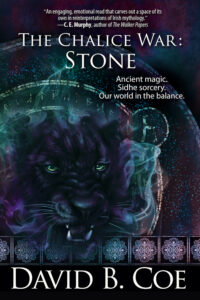 With this in mind, I thought it might be helpful to list a few things I learned, reminded myself of, and/or tried to do differently while writing my
With this in mind, I thought it might be helpful to list a few things I learned, reminded myself of, and/or tried to do differently while writing my 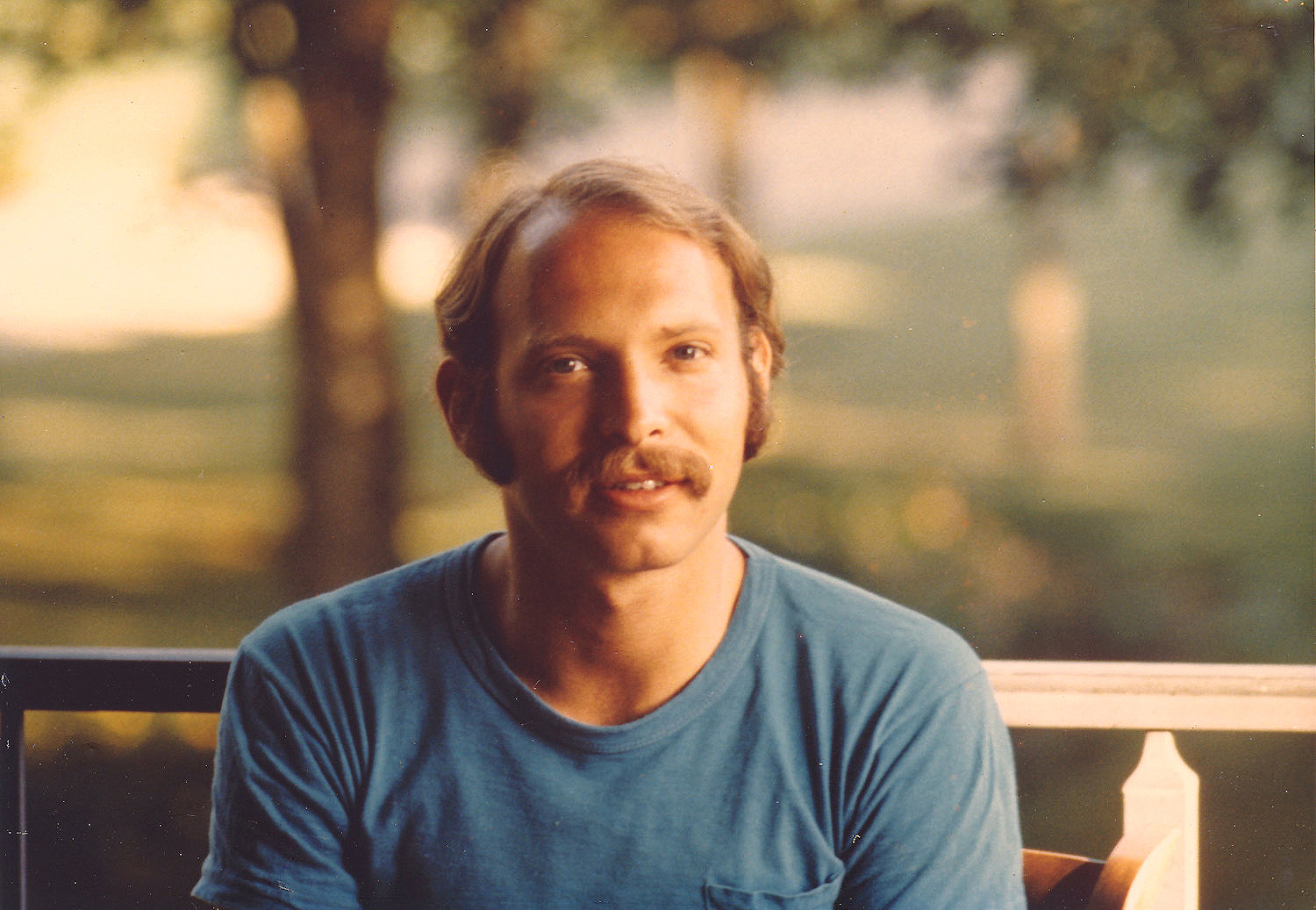
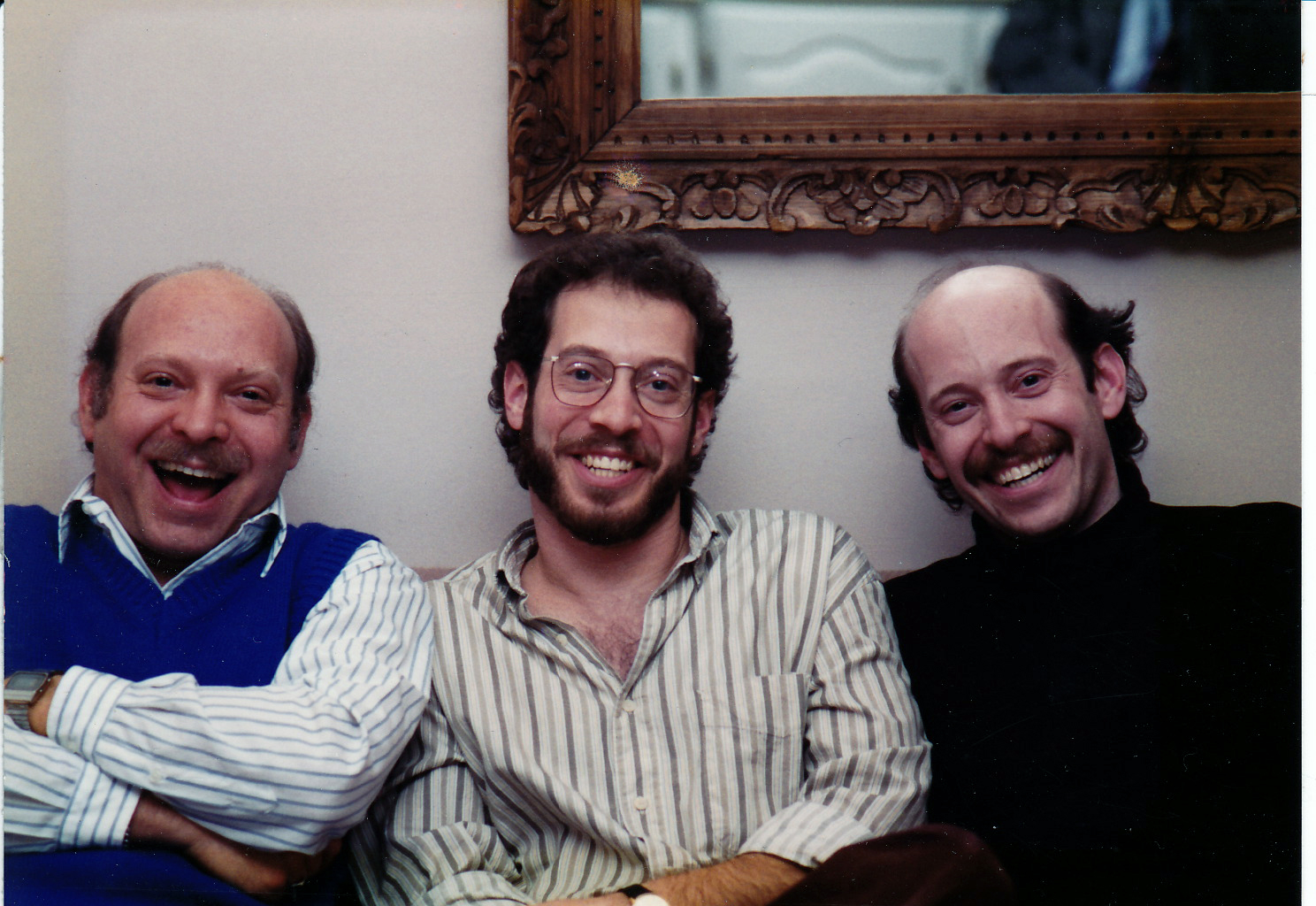
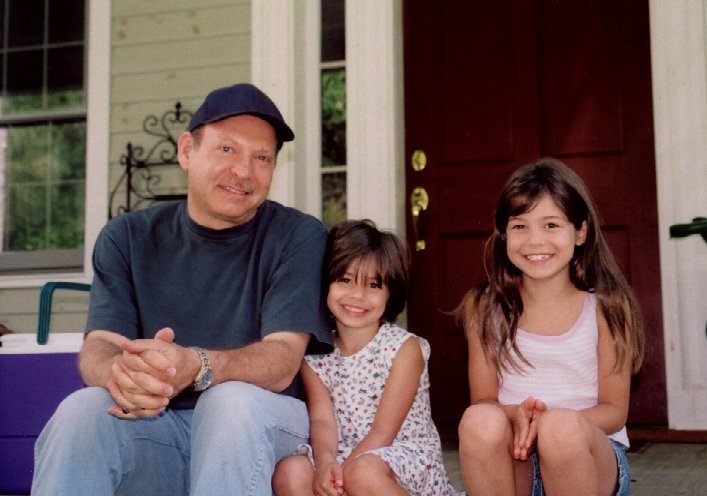
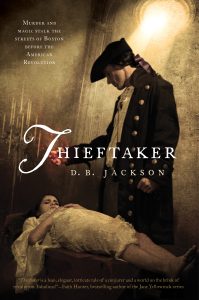 I would love to be a bestselling author. And with each new project I take on, I wonder if this might finally be the literary vehicle that gets me there. Thieftaker, Fearsson, the time travel books, the Radiants franchise. I had high hopes for all of them. All of them were critical successes. None of them has taken me to that next level commercially. So does that mean I should give up?
I would love to be a bestselling author. And with each new project I take on, I wonder if this might finally be the literary vehicle that gets me there. Thieftaker, Fearsson, the time travel books, the Radiants franchise. I had high hopes for all of them. All of them were critical successes. None of them has taken me to that next level commercially. So does that mean I should give up?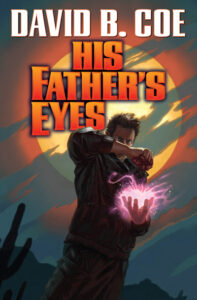 The difference between what I did with those two projects and what I am telling you not to do is this: I kept working on these books, but I also moved ahead with other projects, so that I wouldn’t stall my career. Yes, I worked for six years on the first Fearsson book. But in that time, I also wrote the Thieftaker books and the Robin Hood novelization. This, by the way, is also the secret to finding that balance I mentioned. By all means, keep working on the one idea, but do so while simultaneously developing others. Don’t become so obsessed with the one challenge that you lose sight of all else.
The difference between what I did with those two projects and what I am telling you not to do is this: I kept working on these books, but I also moved ahead with other projects, so that I wouldn’t stall my career. Yes, I worked for six years on the first Fearsson book. But in that time, I also wrote the Thieftaker books and the Robin Hood novelization. This, by the way, is also the secret to finding that balance I mentioned. By all means, keep working on the one idea, but do so while simultaneously developing others. Don’t become so obsessed with the one challenge that you lose sight of all else. Confession #1: I play Bejeweled Blitz on my phone. I play it a lot, and I have been addicted to it for years. I have enough gold bars and coins piled up to make Warren Buffett envious. I have so many free gems wracked up that I could play for weeks straight, without pausing for meals or sleep, and never have to pay for a gem with any of those hoarded coins. It’s a bit of a sickness, actually. But I do enjoy it.
Confession #1: I play Bejeweled Blitz on my phone. I play it a lot, and I have been addicted to it for years. I have enough gold bars and coins piled up to make Warren Buffett envious. I have so many free gems wracked up that I could play for weeks straight, without pausing for meals or sleep, and never have to pay for a gem with any of those hoarded coins. It’s a bit of a sickness, actually. But I do enjoy it.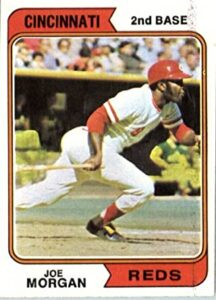 “Aha!!” I was able to reply. “What about Joe Morgan? Two time Most Valuable Player, perennial All-Star, World Series champion. He’s five foot seven!” Besides, I assured them. I didn’t expect or need to be six feet tall. I would be perfectly happy with five foot ten, like my hero, Roy White.
“Aha!!” I was able to reply. “What about Joe Morgan? Two time Most Valuable Player, perennial All-Star, World Series champion. He’s five foot seven!” Besides, I assured them. I didn’t expect or need to be six feet tall. I would be perfectly happy with five foot ten, like my hero, Roy White.